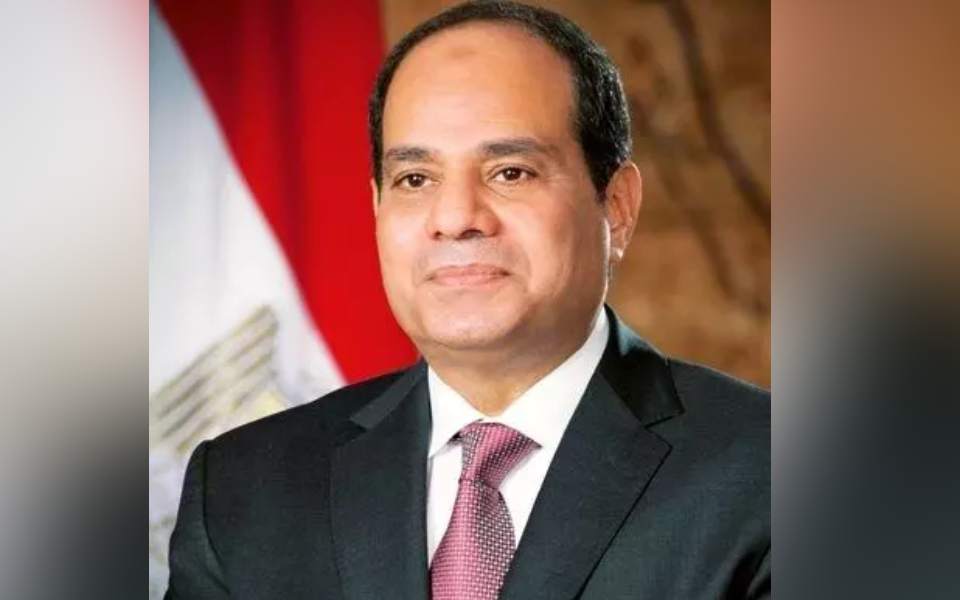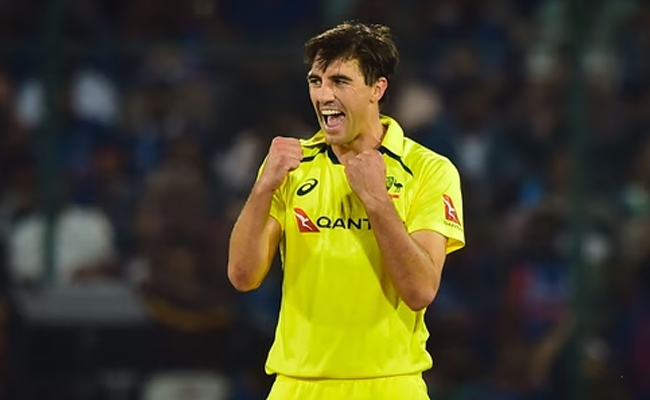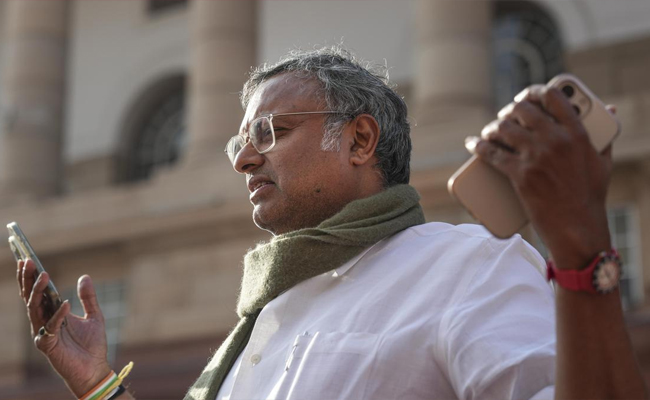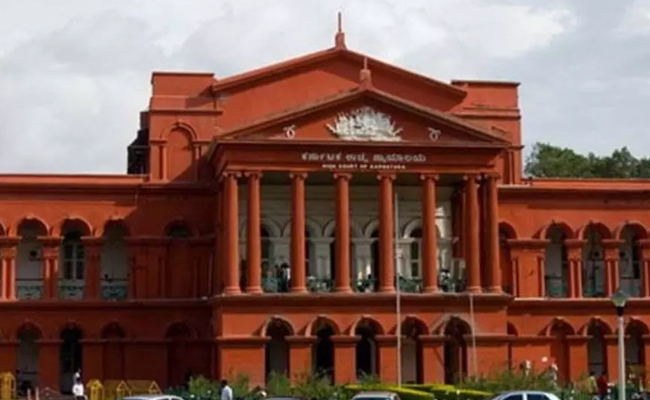Cairo, Dec 18: Egyptian President Abdel Fattah el-Sissi, who has ruled with an unquestioned grip for the past nine years, won reelection to a third, six-year term in office, election authorities announced Monday. He ran against three virtually unknown opponents.
El-Sissi recorded a landslide victory, securing 89.6% of the vote, the National Election Authority said. Turnout was 66.8% of more than 67 million registered voters.
"The voting percentage is the highest in the history of Egypt," declared Hazem Badawy, the election commission chief, who announced the official results in a televised news conference.
The vote was overshadowed by the Israel-Hamas war in Gaza on Egypt's eastern border, which has threatened to expand into wider regional turmoil.
The North African country is also in the midst of an economic crisis, with monthly inflation surging above 30%. Over the past 22 months, the Egypt pound has lost 50% of value against the dollar with one third of the country's 105 million people already living in poverty, according to official figures.
A key Western ally in the region, el-Sissi has faced international criticism over Egypt's human rights record and harsh crackdown on dissent. A career army officer, el-Sissi, as defense minister, led the 2013 military overthrow of an elected but divisive Islamist president amid widespread street protests against his one-year rule.
El-Sissi was first elected as president in mid-2014, then reelected in 2018. A year later, constitutional amendments, passed in a general referendum, added two years to el-Sissi's second term, and allowed him to run for a third, six-year term.
His victory in the latest election was widely deemed a foregone conclusion. His three opponents were marginal political figures who were rarely seen during the election campaign.
Hazem Omar, head of the Republican People's Party, came second with 4.5% of the vote, followed by Farid Zahran, head of the opposition Social Democratic Party with 4%. Abdel-Sanad Yamama, chairman of the Wafd Party, received less than 2% of the vote.
An ambitious young presidential hopeful, Ahmed Altantawy, dropped out of the race after he failed to secure the required signatures from residents to secure his candidacy. He was considered el-Sissi's most credible opposition figure and said that harassment from security agencies against his campaign staff and supporters prevented him from reaching the vote threshold for candidacy.
In the months prior to the election, el-Sissi vowed to address the country's ailing economy without offering specifics.
Experts and economists widely agree that the current crisis stems from years of mismanagement and lopsided economy where private firms are squeezed out by state-owned companies. The Egyptian economy has also been hurt by the wider repercussions of the coronavirus pandemic and the ongoing Russian war in Ukraine, which rattled the global market.
El-Sissi's government initiated an ambitious IMF-backed reform program in 2016, but the austerity measures sent prices soaring, exacting a heavy toll on ordinary Egyptians.
Last December, the government secured a second IMF deal on the promise of implementing economic reforms, including a floating exchange rate. The coast of basic goods have since jumped, particularly imports.
Timothy Kaldas, deputy director of the Tahrir Institute for Middle East Policy in Washington, said a quick fix to Egypt's economy is highly unlikely.
Inflation will remain high and investors weary, he said. "Without inclusive growth and investment, Egypt will never reach a stable footing."
Under el-Sissi's watch, thousands of government critics have been silenced or jailed. They are mainly Islamists but also prominent secular activists and opposition figures, including many of those behind the 2011 uprising that toppled longtime autocrat Hosni Mubarak.
Let the Truth be known. If you read VB and like VB, please be a VB Supporter and Help us deliver the Truth to one and all.
New Delhi (PTI): At least 10 flights were cancelled and more than 270 flights were delayed at the Delhi airport due to fog and low visibility conditions on Tuesday.
An official said 6 arrivals and 4 departures have been cancelled for the day.
ALSO READ: Central laboratory confirms avian flu outbreak in parts of Alappuzha, Kottayam districts
Over 270 flights have been delayed and the average delay time for departures is 29 minutes, as per information available on flight tracking website Flightradar24.com.
"Visibility at the airport is improving; however, flight departures for certain destinations may experience delay," Delhi airport operator DIAL said in a post on X.
The Indira Gandhi International Airport (IGIA) in the national capital handles around 1,300 flight movements daily.





